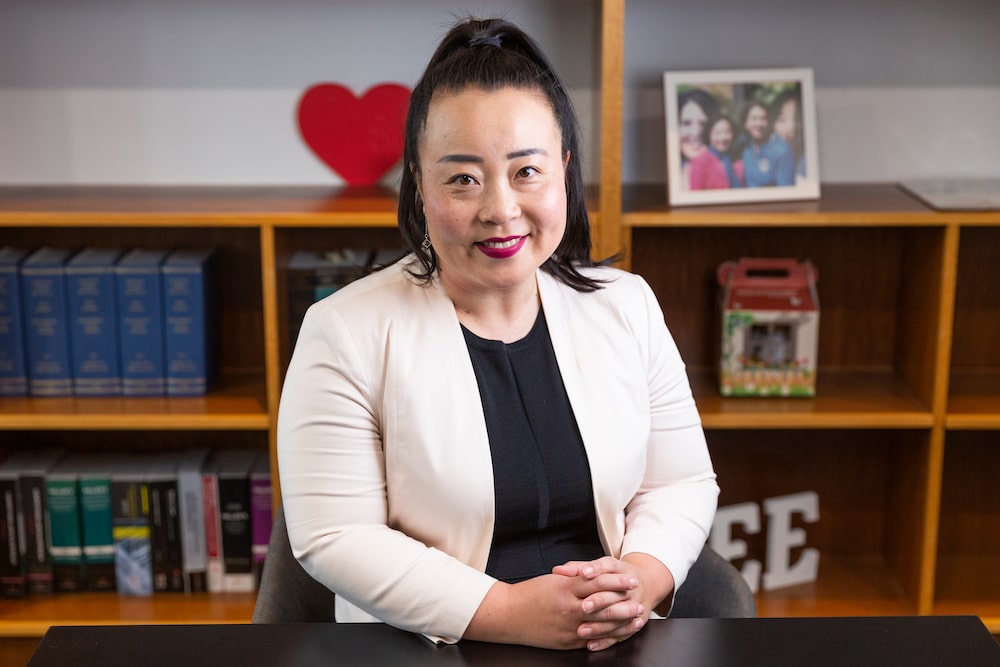Elizabeth Lee is the Canberra Liberals leader. A Korean immigrant, she is now Australia’s first Asian-Australian party leader.
It’s 1986. I was seven years old and I had just arrived in Australia with my parents and younger sister. Going into my Year 1 class knowing very little English and seeing no faces like mine around the room was daunting. It was clear I was not “Australian”. In my limited view of the world as a seven-year-old from Korea, “Australia” was a foreign country full of beaches, tanned bodies and blonde-haired, blue-eyed people. I so desperately wanted to be “Australian”, resenting the carefully packed Korean lunches Mum packed for me, wanting a simple vegemite sandwich on white bread like all the other kids.
The first Australia Day I remember is the 1988 bicentenary. I can’t remember if my parents took us into the city (living in the very small, Western suburb of Merrylands at the time, it was such a big deal to go into the city) but I certainly have vivid images of the tall ships at Darling Harbour for the re-enactment of the arrival of the First Fleet. I did not understand the significance, nor did I know what it symbolised. What I remember from that first Australia Day was wanting to fit in like everyone else, flying the Aussie flag and eating lamingtons (I know, I know, New Zealand claims these) and vegemite sandwiches.
For the first few years of my life in Australia, I felt torn. I was so obviously Korean, and yet I so desperately wanted to fit in as an “Aussie” kid. I felt like I fit nowhere really. I could feel my Korean culture slipping away, but I knew I could never take on the Australian culture as my own. It was only as I got older that I thought hey, it’s not that I have no cultural identity. I’m lucky to have two. I started to see the world differently – there are so many things I could learn from the Korean culture and so many things I could learn from the Australian culture.
Whilst I have very fond memories of celebrating Australia Day over the years, I no longer pine for vegemite sandwiches on white bread and to be blonde-haired and blue-eyed. I started to learn the rich history of everything that our Aboriginal Australians have contributed to our country and to our world; to respect how significant that is to the future of our country. The recent changes to the national anthem are important in acknowledging our long history and the respect for our Aboriginal Australians, and I welcome the change.
This Australia Day, I have been invited to participate in several events organised by some of our multicultural communities, and I am looking forward to it. Spending the day with our new Australians; our Australians who have come from near and far to call Australia home is very special.
For more stories:



